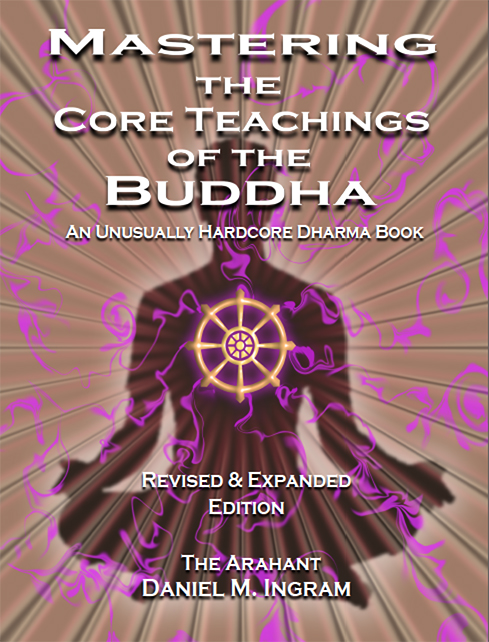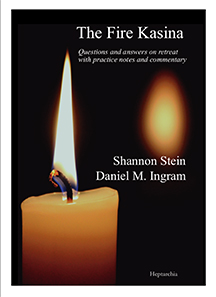The Paradox of Effortless Effort
The Paradox of Effortless Effort
The concept of effortless effort is a fascinating and complex idea that has been explored in various spiritual traditions, including Buddhism. It's a paradox that can be difficult to wrap your head around, as it seems to defy the conventional notion of effort and achievement. So, what exactly is effortless effort, and how can we cultivate it in our lives?
To understand effortless effort, we need to delve into the world of Buddhist practice, where this concept is deeply rooted. According to Buddhist teachings, effortless effort is not about achieving a specific goal or outcome, but rather about cultivating a state of mind that is open, receptive, and aware. As the Buddhist master, Chögyam Trungpa, once said, "The problem is not to get rid of the ego, but to learn to work with it, to make it into an ally rather than an enemy." This quote highlights the importance of working with our ego and our tendencies, rather than trying to force or control them.
The Role of Discipline and Effort
So, how do we cultivate effortless effort in our daily lives? It all starts with discipline and effort. Yes, you read that right - discipline and effort are essential components of effortless effort. It may seem counterintuitive, but the truth is that we need to put in the effort to develop the skills and habits that will eventually allow us to effortlessley navigate life's challenges. This is where the concept of mindfulness comes in. Mindfulness is the practice of being present and fully engaged in the current moment, without judgment or distraction. By cultivating mindfulness, we can develop the awareness and clarity that will allow us to respond to situations more effortlessly.
As we practice mindfulness and meditation, we begin to develop a greater sense of awareness and understanding of our thoughts, emotions, and behaviors. This awareness is the key to effortless effort, as it allows us to see things as they truly are, without the distortion of our ego or preconceptions. As the Buddhist teacher, Thich Nhat Hanh, once said, "People usually consider walking on water or in thin air a miracle. But I think the real miracle is not to walk either on water or in thin air, but to walk on earth. Every day we are engaged in a miracle which we don't even recognize: a blue sky, white clouds, green leaves, the black, curious eyes of a child—our own two eyes. All is a miracle." This quote reminds us to appreciate the simple things in life and to cultivate a sense of wonder and awe.

The Importance of Relaxation and Letting Go
While discipline and effort are essential components of effortless effort, relaxation and letting go are equally important. In fact, the two are intimately connected, as the more we relax and let go, the more effortlessly we can navigate life's challenges. This is where the concept of wu-wei comes in. Wu-wei is a Chinese term that refers to the state of being in harmony with the natural order of things, without forcing or controlling. It's a state of effortless action, where we are able to respond to situations without resistance or struggle.
As we cultivate wu-wei, we begin to let go of our need to control and manipulate outcomes. We learn to trust in the natural flow of life and to respond to situations with ease and spontaneity. This is not to say that we become passive or complacent, but rather that we learn to work with the current of life, rather than against it. For example, when we're faced with a difficult decision, we can take a step back, relax, and let go of our need to control the outcome. We can trust that the right decision will arise naturally, without forcing or struggling.
Exploring the Concept of Wu-Wei
So, how can we cultivate wu-wei in our daily lives? One way is to practice mindfulness and meditation, as these practices help us develop the awareness and clarity that are essential for effortless action. Another way is to engage in activities that bring us joy and spontaneity, such as creative pursuits or sports. When we're engaged in activities that we love, we're more likely to enter a state of flow, where we're able to respond to situations without resistance or struggle.
Here are some ways to cultivate wu-wei in our daily lives:
- Practice mindfulness and meditation to develop awareness and clarity
- Engage in activities that bring us joy and spontaneity, such as creative pursuits or sports
- Let go of our need to control and manipulate outcomes, and trust in the natural flow of life
- Respond to situations with ease and spontaneity, rather than forcing or struggling
- Cultivate a sense of wonder and awe, and appreciate the simple things in life
Practical Tips and Techniques
So, how can we apply the concept of effortless effort to our daily lives? One way is to start small, by incorporating mindfulness and meditation into our daily routine. We can start with just a few minutes a day, and gradually increase the amount of time as we become more comfortable with the practice. Another way is to engage in activities that bring us joy and spontaneity, such as creative pursuits or sports.
As we cultivate effortless effort, we begin to notice a shift in our perspective and approach to life. We become more relaxed, more spontaneous, and more open to new experiences and challenges. We learn to trust in the natural flow of life and to respond to situations with ease and spontaneity. And we find that we're able to achieve our goals and realize our dreams without forcing or struggling.
Finding Balance in Unexpected Places
As we explore the concept of effortless effort, we may find that the principles of mindfulness and spontaneity can be applied to various aspects of our lives, including our leisure activities. In fact, the thrill of uncertainty and the rush of adrenaline that come with trying something new can be a great way to cultivate a sense of effortless effort. For instance, when we're engaged in a fun and unpredictable activity, such as playing a game of chance, we can experience a sense of freedom and release, which can be quite liberating. As we navigate the twists and turns of such an activity, we may stumble upon Thor slot (CQ9 Gaming) and discover a new way to challenge ourselves and have fun, all while learning to let go and trust in the natural flow of life, which can ultimately help us find a deeper sense of balance and harmony in our daily lives.
Conclusion
The paradox of effortless effort is a complex and fascinating concept that has been explored in various spiritual traditions, including Buddhism. By cultivating mindfulness, meditation, and wu-wei, we can develop the awareness, clarity, and spontaneity that are essential for effortless action. As we embark on this journey, we'll discover that effortless effort is not just a concept, but a way of life - a way of living that is characterized by ease, spontaneity, and a deep sense of connection to ourselves and the world around us. As the Buddhist teacher, Pema Chödrön, once said, "The most fundamental aggression to ourselves, the most fundamental harm we can do to ourselves, is to remain ignorant by not having the courage and the respect to look at ourselves honestly and gently." This quote reminds us to be kind and compassionate towards ourselves, and to cultivate the courage and respect to look at ourselves honestly and gently.

